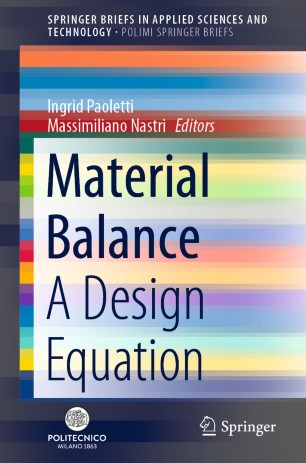

Most ebook files are in PDF format, so you can easily read them using various software such as Foxit Reader or directly on the Google Chrome browser.
Some ebook files are released by publishers in other formats such as .awz, .mobi, .epub, .fb2, etc. You may need to install specific software to read these formats on mobile/PC, such as Calibre.
Please read the tutorial at this link: https://ebookbell.com/faq
We offer FREE conversion to the popular formats you request; however, this may take some time. Therefore, right after payment, please email us, and we will try to provide the service as quickly as possible.
For some exceptional file formats or broken links (if any), please refrain from opening any disputes. Instead, email us first, and we will try to assist within a maximum of 6 hours.
EbookBell Team

4.1
90 reviewsThis book argues that we are living in an era of deep mutation, and the anthropocentric model no longer fits our way of living and behaving on Earth. Climate change is upsetting our relationship with nature and the environment, while artificial intelligence scenarios undermine the foundations of human life. As the pressure to re-align based on new modes of living and consuming increases, the first priority should be to address the way we imagine, design, produce and construct our built environment.
The highly original book explores how the relation between design technology and material cultures can underpin and drive this change. It discusses the need for a new “material balance” to develop our design practice, not only from an energy and environmental perspective, but also from a physiological, cultural and semantic one, in order to re-balance the impact of material design on society.This publication is an excellent guide to understanding in detail the theoretical framing of several crucial topics in material balance design, from computational knitting to material agency, and from new acoustic ecology to future façade technologies, bio-based design and ultimately non-anthropocentric habitats, offering insights into preferable future scenarios.